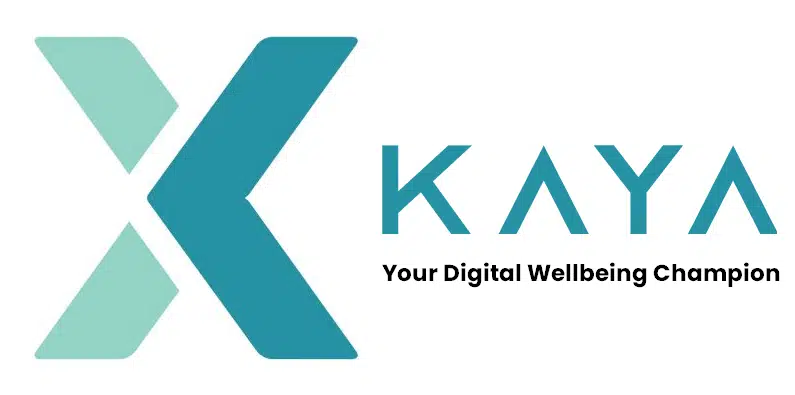
Employee wellbeing is the foundation for a successful business but is often misunderstood and underfunded. Poor wellbeing can lead to chronic absenteeism, presenteeism, occupational and organisational risk, loss of productivity and damage to an employer’s reputation as an ethical organisation.
Each year in the UK:
Having a wellbeing strategy and a way to measure and manage individual employee wellbeing is now a business essential.
KAYA is the only wellbeing solution that measures the employee wellbeing experience through a simple and anonymous online survey. Survey outputs identify individual employee wellbeing challenges and their impact on performance. Our Wellbeing Reports connect employees to your wellbeing solutions and help you guide and manage their wellbeing journey. Quarterly reassessments allow employees to maintain a wellbeing focus and allow you to track the success of your solutions.
Leaders, Managers and HR teams are struggling to support and improve wellbeing as employees are not engaging in any wellbeing initiatives. Management struggles to understand what initiatives are needed and what can be discarded. Leaders and HR teams find it difficult to demonstrate the impact of wellbeing on performance.
Employees are assessed regularly; individual reports & recommendations are provided. KAYA connects them to relevant partners to address individual wellbeing challenges. Effectiveness of each wellbeing initiative is tracked and companies are able to understand the impact on performance.



| Cookie | Duration | Description |
|---|---|---|
| cookielawinfo-checkbox-analytics | 11 months | Kaya - Demonstrating the impact of your people investments using data and insights Kaya measures cost of people and poor wellbeing, shows its impact on performance, generates actionable plans to address these challenges This cookie is set by GDPR Cookie Consent plugin. The cookie is used to store the user consent for the cookies in the category "Analytics". |
| cookielawinfo-checkbox-functional | 11 months | Kaya - Demonstrating the impact of your people investments using data and insights Kaya measures cost of people and poor wellbeing, shows its impact on performance, generates actionable plans to address these challenges The cookie is set by GDPR cookie consent to record the user consent for the cookies in the category "Functional". |
| cookielawinfo-checkbox-necessary | 11 months | Kaya - Demonstrating the impact of your people investments using data and insights Kaya measures cost of people and poor wellbeing, shows its impact on performance, generates actionable plans to address these challenges This cookie is set by GDPR Cookie Consent plugin. The cookies is used to store the user consent for the cookies in the category "Necessary". |
| cookielawinfo-checkbox-others | 11 months | Kaya - Demonstrating the impact of your people investments using data and insights Kaya measures cost of people and poor wellbeing, shows its impact on performance, generates actionable plans to address these challenges This cookie is set by GDPR Cookie Consent plugin. The cookie is used to store the user consent for the cookies in the category "Other. |
| cookielawinfo-checkbox-performance | 11 months | Kaya - Demonstrating the impact of your people investments using data and insights Kaya measures cost of people and poor wellbeing, shows its impact on performance, generates actionable plans to address these challenges This cookie is set by GDPR Cookie Consent plugin. The cookie is used to store the user consent for the cookies in the category "Performance". |
| viewed_cookie_policy | 11 months | Kaya - Demonstrating the impact of your people investments using data and insights Kaya measures cost of people and poor wellbeing, shows its impact on performance, generates actionable plans to address these challenges |